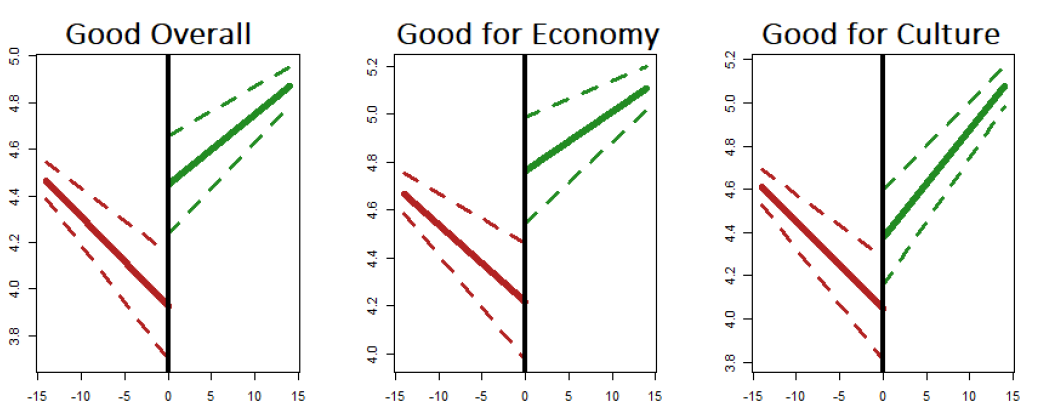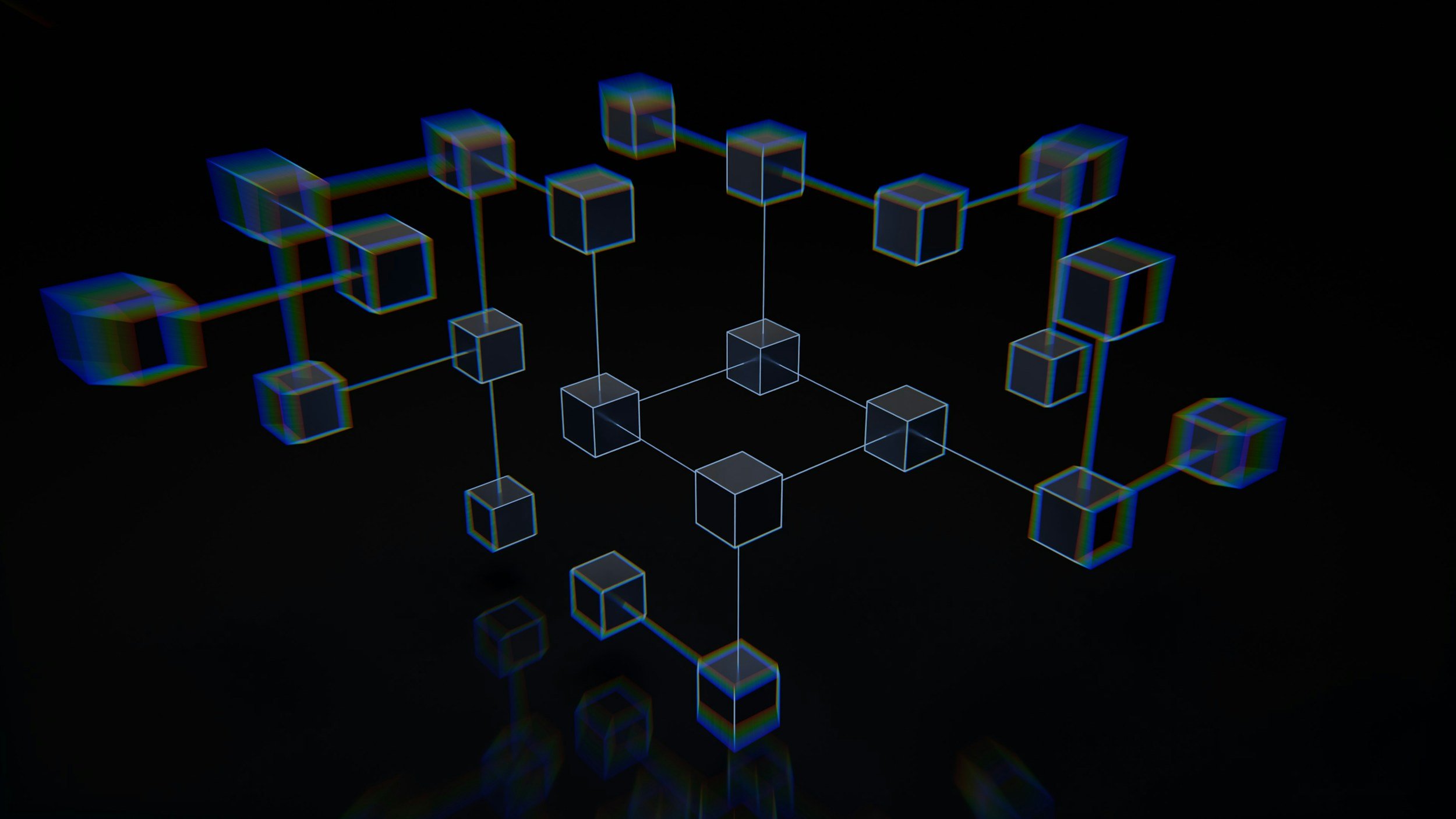
Holding the Line for Civic Space in the U.S.
When authoritarians consolidate power, they don't just go after vulnerable groups; they eventually target the entire civic sector, damaging the environment that enables nonprofits to work and even exist.

International Perspectives on Attitudes Towards Immigrants
By Christopher Grady
These studies reveal that attitudes towards immigrants are not determined solely by individual characteristics, but are also influenced by external forces like geopolitics and elite rhetoric.

Systems Change and the Challenges of Collective Action with Diverse Networks
By Laura Adams
Systems level social change requires civic actors to form networks that take collective action. Collective action is more successful when the network is made up of diverse civic actors. However, such networks are often challenging to build and sustain, especially in political contexts where these changes are resisted by powerful state and non-state actors.

Judicial resistance to democratic backsliding
Research comparing different countries is confirming the importance of the judiciary in resisting democratic backsliding. Here we review the evidence on how executives capture the judiciary to circumvent judicial oversight, and how citizens and elected officials reverse such judicial backsliding when it occurs.
By Christopher Grady

Promoting social change? Target norms through networks.
It may take just a few targeted conversations within a particular network to trigger a cascade effect across the network.
By Laura Adams

Reducing the influence of false information
Fact checking, debunking, prebunking — how do we know what works to reduce the influence of false information? The research on this question keeps getting better and more inclusive, but sometimes it’s hard to keep up with the latest findings. Here are some quick takeaways with links to the supporting research.
By Christopher Grady

The effects of repression on nonprofit organizations
What does research from other countries tell us about how nonprofit and civil society organizations react when there is a crackdown on the freedom of speech and association? Here are some quick takeaways with links to the supporting research.
By Christopher Grady

Prebunking for CSOs in 2025
The flood of disinformation about civil society in the U.S. has begun, but the good news is that prebunking is the best protection against misinformation and propaganda.
By Laura Adams
